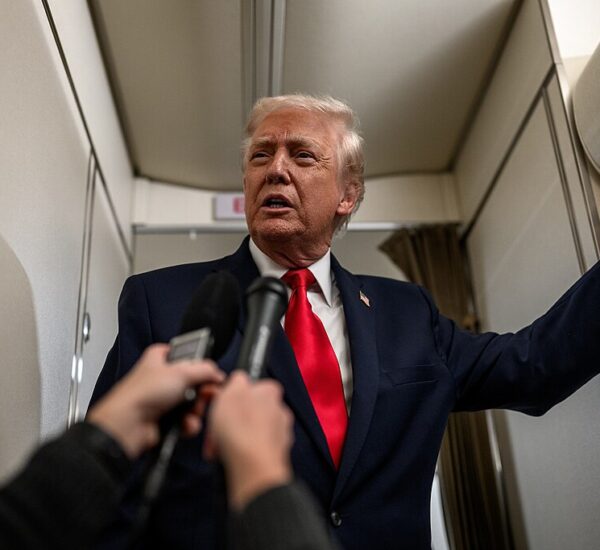House Republicans Drowning In Debt?
House Republicans are facing a major challenge as they attempt to pass President Trump’s ambitious legislative agenda. With a slim majority in the House and a divided GOP, the stakes are high. Republicans are determined to fulfill Trump’s key promises, such as extending the 2017 tax cuts, ramping up domestic energy production, securing the border, and reforming immigration policies. However, there is one major issue hanging over everything: how to achieve these goals without increasing the already massive federal deficit.
The GOP’s biggest obstacle is a split within its ranks over whether to prioritize fiscal conservatism or push forward with Trump’s agenda. The House Freedom Caucus, representing the party’s more conservative wing, insists that any new legislation must be budget-neutral, arguing that the U.S. simply can’t afford to keep adding to the national debt. These conservatives are pushing for cuts to government spending in order to offset the cost of the president’s tax cuts and other policy priorities. On the other hand, more moderate Republicans are more focused on delivering results for Trump’s base and are willing to accept some level of deficit spending.
Speaker Mike Johnson (R-La.) is stuck in the middle of this debate. As he works to unite his fractious conference, he’s committed to using procedural tools like reconciliation to bypass a Senate filibuster and ensure key elements of Trump’s agenda move forward. However, he hasn’t taken a firm position on whether the legislation must be deficit-neutral, leaving that question open for discussion.
Conservatives like Rep. Chip Roy (R-Texas) are adamant that deficit neutrality is non-negotiable. With the national debt now surpassing $36 trillion, they argue that Republicans can’t afford to ignore fiscal responsibility any longer. Roy, for example, has made it clear that he will only support a tax and spending package if it is truly deficit-neutral—or, preferably, deficit-reducing.
At the same time, some GOP members are still pushing the idea that tax cuts will pay for themselves by spurring economic growth. This belief has led to clashes between fiscal hawks and those who prioritize tax relief above all else. With Trump’s tax cuts set to expire at the end of the year, Republicans are under pressure to pass a renewal package before the deadline.
Meanwhile, there is also debate about whether to push these policies through as a single comprehensive bill or divide them into separate measures. Speaker Johnson has expressed a preference for a single package, arguing that it would have a better chance of passing the House with its narrow majority. However, Senate Republicans, including Majority Leader John Thune (R-S.D.), are advocating for a two-bill approach, believing it would be easier to pass and less likely to alienate moderate members of their party.
For Trump, the stakes are clear. He wants a “big, beautiful bill” that will not only keep his promises but also solidify his base of support. At a recent meeting with Senate Republicans, he emphasized that whether the agenda moves forward as one bill or two, he is confident it will get done. However, the details—particularly around deficit spending—are still very much in flux.
This internal GOP disagreement over fiscal policy is compounded by the fact that Republicans have a history of inconsistency when it comes to deficits. Under President George W. Bush, the GOP supported massive tax cuts and increased spending, contributing to a significant rise in the national debt. During the Obama administration, Republicans championed deficit reduction and slammed the Democratic president for his fiscal policies. When Trump took office, the GOP again abandoned deficit concerns, backing both tax cuts and increased spending.
As Republicans debate how to proceed with Trump’s agenda, hard-line conservatives are making it clear that they will not support any plan that exacerbates the deficit. The House Freedom Caucus has issued a series of demands to Speaker Johnson, including significant cuts to government spending to ensure a path to a balanced budget. They also warned that they would not allow Trump’s agenda to be watered down or delayed. For these conservatives, the time for deficit spending is over.
In the end, the question remains: will Republicans put aside their fiscal principles to pass Trump’s agenda, or will they hold firm on deficit neutrality? The outcome of this debate will shape the future of the GOP and its ability to deliver on its promises to the American people.






